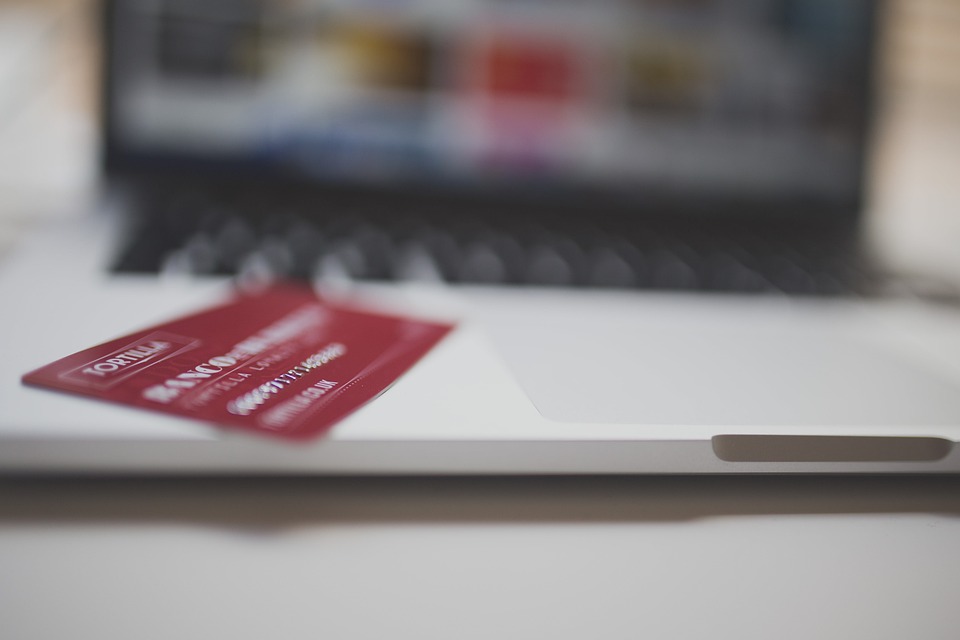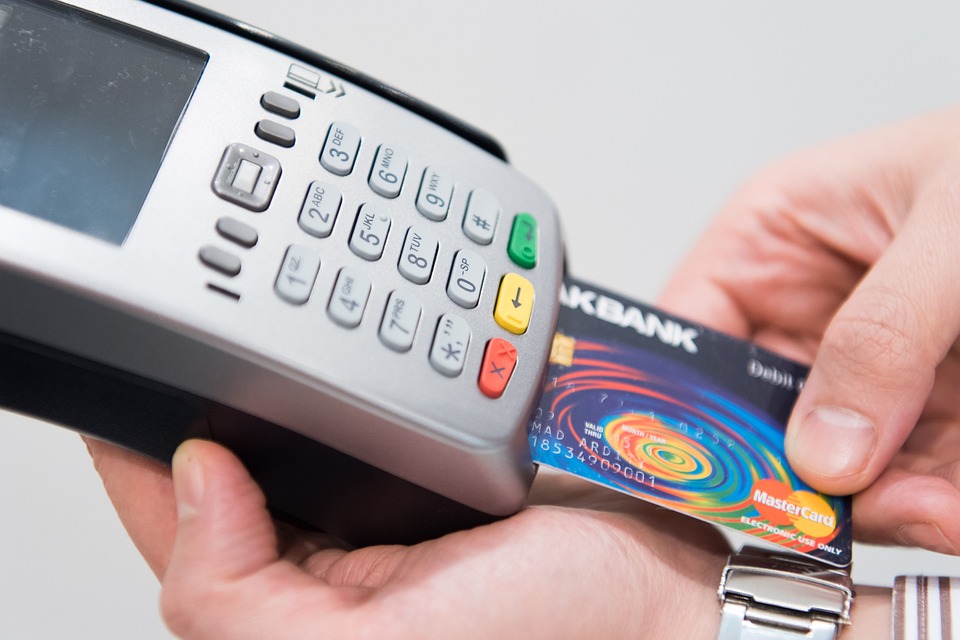The Hidden Dangers of Default: Unraveling the Negative Effects on Credit Scores
Defaulting on a loan or credit card payment may seem like a temporary solution to a financial problem, but the long-term consequences can be severe. In this article, we will explore the hidden dangers of default and how it can negatively impact your credit score.
Understanding Default
Default occurs when a borrower fails to make timely payments on a debt obligation. This can happen with credit cards, loans, mortgages, or any other type of financial agreement. When you default on a payment, it signals to lenders that you are unable to manage your finances responsibly.
Defaulting on a debt can lead to a cascade of negative consequences, including:
- Damage to your credit score
- Higher interest rates on future loans
- Lawsuits and legal action
- Loss of collateral
- Difficulty obtaining credit in the future
The Impact on Credit Scores
One of the most significant effects of defaulting on a loan or credit card payment is the damage it can do to your credit score. Your credit score is a numerical representation of your creditworthiness, and it plays a crucial role in determining your ability to borrow money in the future.
When you default on a payment, it can cause your credit score to plummet. This makes it harder for you to qualify for loans, credit cards, and other financial products. Lenders see a low credit score as a red flag, indicating that you are a high-risk borrower.
Additionally, defaulting on a payment can stay on your credit report for years, making it difficult to rebuild your credit history. Even after you have paid off the debt, the default will continue to affect your credit score for a significant amount of time.
FAQs
What is the best way to avoid defaulting on a loan or credit card payment?
The best way to avoid default is to make sure you can afford the payments before taking on any debt. Create a budget, track your expenses, and prioritize your debts to ensure you can make timely payments.
Can defaulting on a payment be reversed?
Once you have defaulted on a payment, it is challenging to reverse the damage to your credit score. However, you can work with your lender to negotiate a payment plan or settlement to resolve the debt.
How long does default stay on your credit report?
Defaulted accounts can stay on your credit report for up to seven years, depending on the type of debt and the laws in your state. It is essential to check your credit report regularly to monitor any negative information.
For more information on how default can impact your credit score, check out this article.






